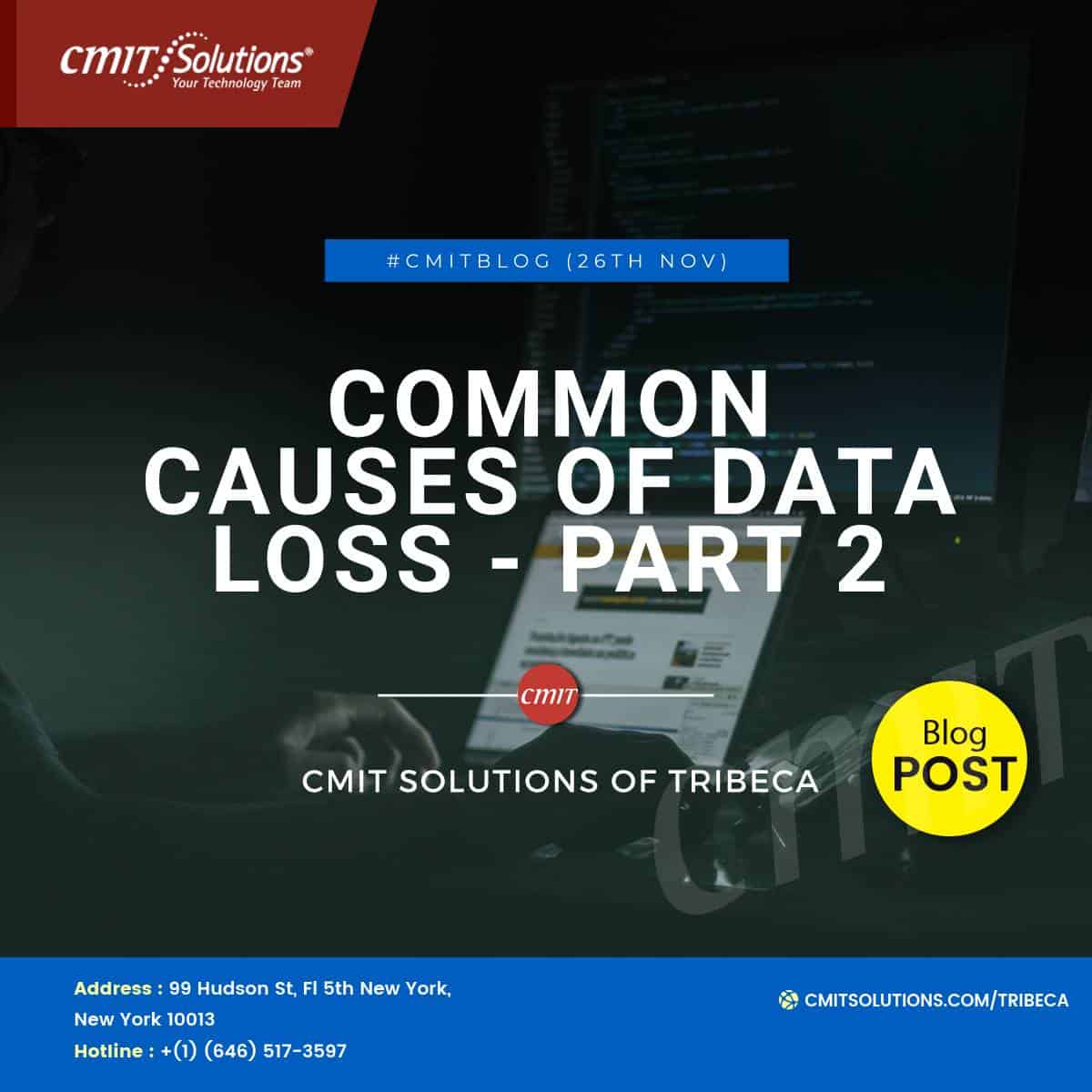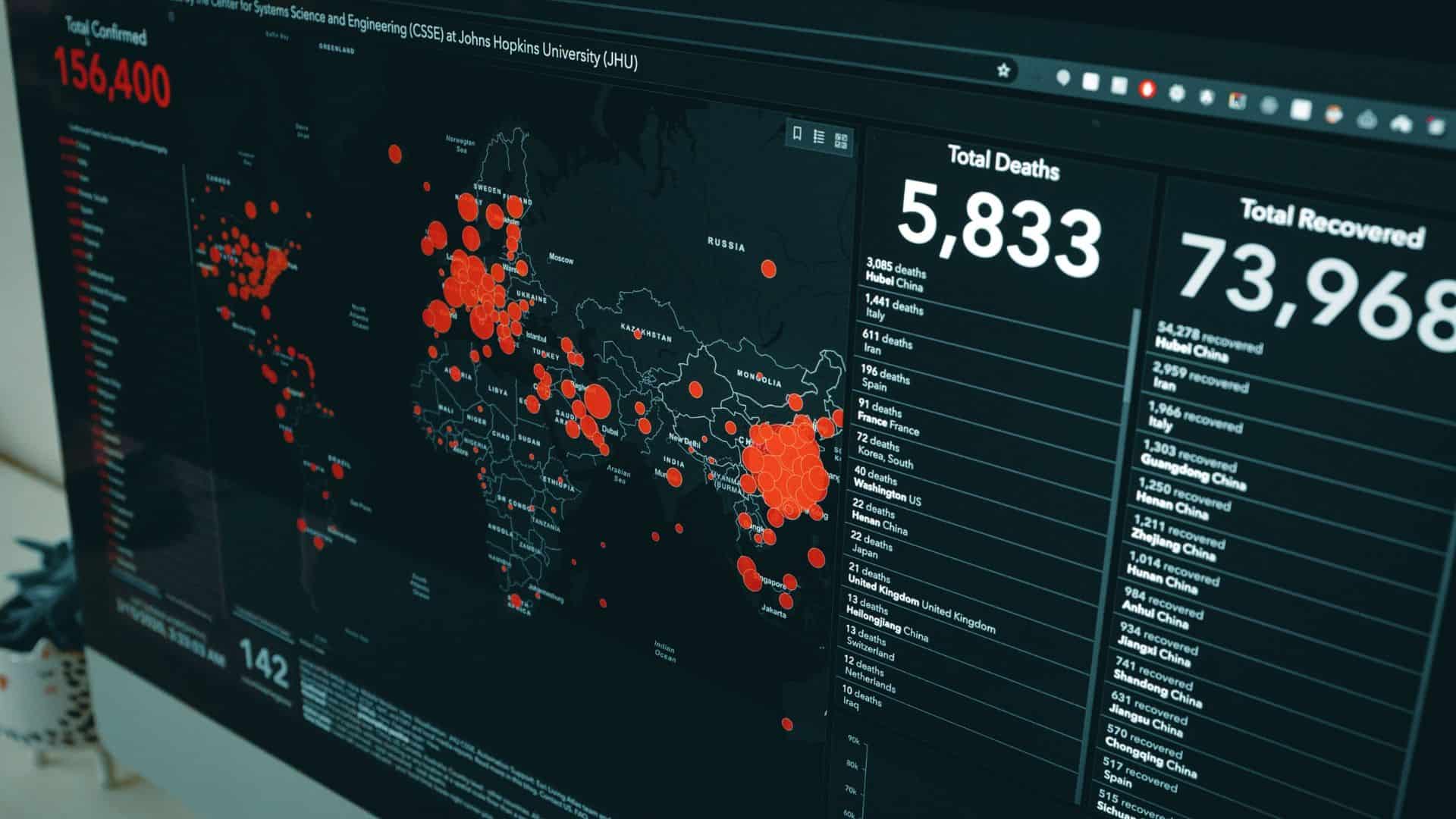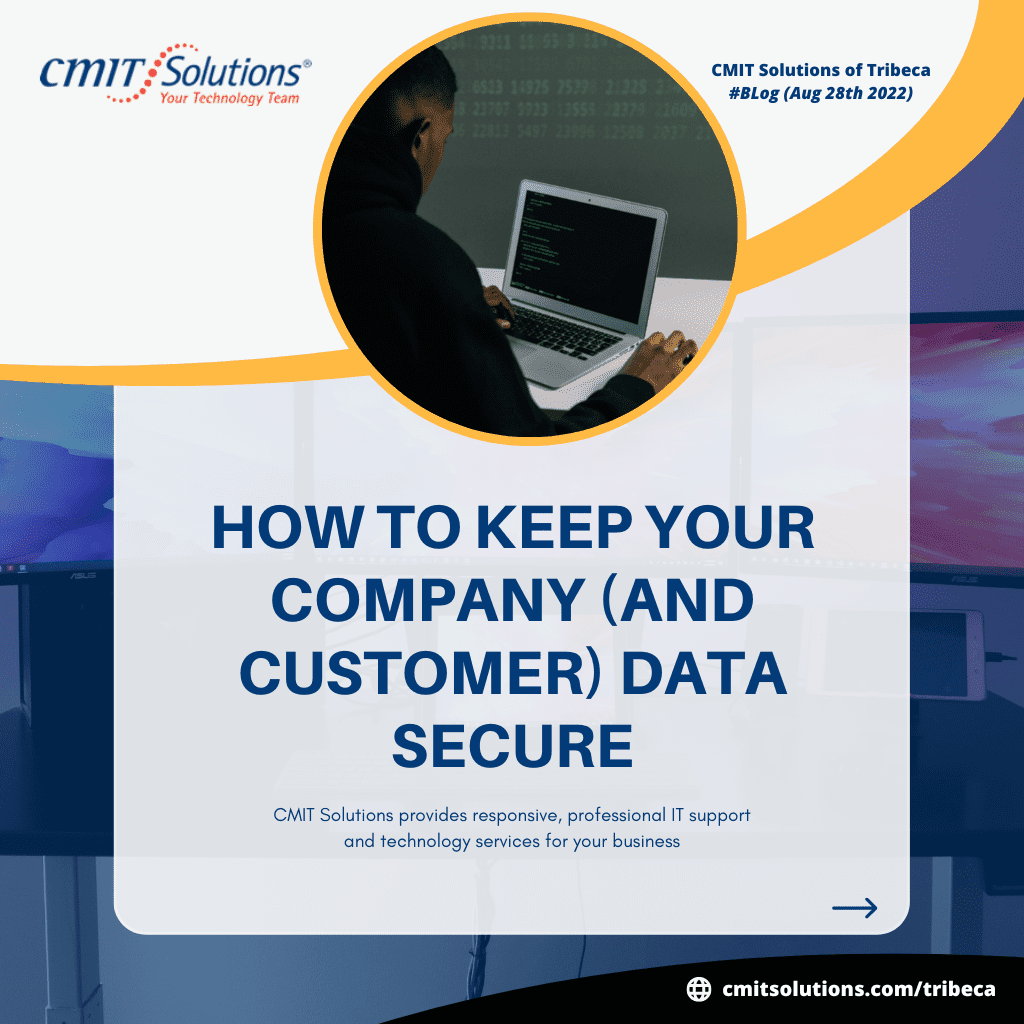Data loss is a critical issue for companies of all sizes since it costs time and money to recover or restore important data when files are lost. Data loss happens when data is unintentionally erased or corrupted for any other reason. Data can become illegible by people and software due to viruses, physical damage, or formatting mistakes. The financial stability of your business is frequently negatively impacted by losing data and records.
Typical Reasons for Data Loss – Part 2
Also Read – Common Causes of Data Loss – Part 1
6. Liquid Damage
The data on your computer, the machine itself, may be lost if you spill coffee or water. This can short out your computer. It gets even worse if your computer somehow ends up fully immersed. After a spill, a computer could appear to function normally, but internal damage may have long-term implications that eventually lead the computer to short-circuit. Coffee poses a particular risk because acidic liquids could destroy a computer’s interior if a spill is not adequately cleaned up.
Keep liquids away from business computers and attempt to keep laptops stored in water-resistant shells to reduce the likelihood of such damage. Additionally, your business might set rules requiring employees to keep their drinks in spill-proof containers or designate particular spaces for them to do so. Remind your staff of the significance of maintaining clean, safe, and secure equipment.
If there is a spill, move swiftly to reduce the damage. Dry the computer as much as you can after turning it off. To ensure none of the internal components are moist, you should disassemble the laptop with the assistance of an expert.
Before putting the computer back together or turning it on, give every component time to dry thoroughly. As soon as a spill occurs, it should be cleaned up to minimize damage and data loss. To protect yourself in case the gadget short circuits in the future, you should back up all the data on it.
7. Disasters
Loss of Data Occurs When You Least Expect It. Disasters, such as fires and storms, can strike without warning and severely impact your company.
They could destroy your computer, your data, and even your entire business. Back up your data every week, and keep information in a secure area to ensure you can continue operations and limit the effects of a disaster.
If data is not backed up, natural disasters can harm a firm permanently:
- 93% of businesses that suffered a calamity that caused them to lose their data center for ten or more days declared bankruptcy within a year.
- Companies that suffered data management losses as a result of a disaster filed for bankruptcy right away in 50% of cases.
- After a severe fire, 30% of businesses close their doors within a year.
- After a severe fire, 70% of firms close their doors within five years.
It is frequently impossible to retrieve data lost due to a disaster since natural disasters can destroy a company’s equipment. This is why storing data backups in a safe area that is not affected by local disasters is so important.
8. Corrupt Software
Unexpected or incorrect programme shutdowns may appear harmless on the surface, but they can drastically compromise your data. Proper shutdowns can save you time and prevent the loss of vital data by distorting or erasing your work. Data in corrupted software cannot be accessed because it cannot be run again.
Although power failures or other uncontrollable factors might occasionally cause software damage, it is crucial to put protocols in place for safely shutting down software after every use.
When turning off your computer, be careful and make sure all open programs are closed. Carefully use diagnostic tools to avoid interrupting software operations.
Your employees lower the risk of company data loss due to software corruption when they constantly save documents during editing and adhere to safe shutdown practices.
9. Formatting a hard drive
You could lose all of your data right away if you accidentally format your hard drive. Employees who interpret system prompts, or error signals incorrectly may accidentally format a hard drive. Data loss might result from reformatting that can place during system updates. While accessing files and documents after unintentionally reformatting a hard disc can cause panic, you can frequently recover lost data from challenging drive formatting using data recovery software.
10. Insiders and hackers
Suitable cybersecurity measures are crucial because hacking and data breaches have increased in frequency in recent years.
Unauthorized visitors to your network can delete and take anything they want, seriously harming your data. If they have enough access to your system, they may even be able to break an entire network process. Use firewalls in your approach to block out hackers to reduce the likelihood of such losses.
Hackers may access your data in several ways. These are the following to protect your system from hackers:
- utilizing unsecure servers
- lack of sufficient firewalls
- use passwords that are simple to decipher
The terrible fact is that employees or other insiders occasionally steal or compromise data. To prevent insiders from gaining access to sensitive information, consider having several degrees of permission for staff. Try to be vigilant for indications of malicious activity as well.
Data taken by hackers or insiders are frequently unrecoverable. It would help if you took precautions against cyberattacks and regularly backup your data.
Preventing Data Loss
The best way to avoid losing company data is to regularly back up your files and documents. When you back up your data, you ensure that every crucial piece of information has at least one more copy. It is best to keep your backups in a physically distinct location to minimize the risk of data loss due to physical loss or theft.
Data can be quickly accessed from any device via the Internet and is stored remotely with cloud storage, which is another efficient data backup method. A typical server often has less space than cloud storage, which also doesn’t have the same crash concerns.
By 2020, 78 percent of small firms are anticipated to back up their data using cloud storage, according to Small Business Trends. Even though cloud storage makes it impossible for anything to be physically destroyed or stolen, data can still be lost there if it is accidentally deleted, rewritten, or taken by hackers.
Make sure your data is backed up properly before a catastrophic data loss occurs, regardless of how you decide to back up your data. Nobody likes to discover following a data loss that corrupted files were miswritten to the backup server.
To ensure your papers are correctly formatted and there is enough room in your backup destination to keep your files, periodically test your backup data. We should make regular backups to ensure that little data is lost if your primary system for data storage fails.
Here are some additional methods to prevent company data loss in addition to the always-necessary backup:
Your hard disc can be divided into distinct programs and data zones if you partition it. Since the data is stored in a different area, you might be able to retrieve it if the hard drive’s software section crashes.
Defragment the disc. When files are saved and deleted, gaps are inevitably left on the hard drive, which is then filled with new ones. Data that has been divided up for storage requires more time to access by the computer, and it also increases the likelihood that files may become corrupted if the hard disc fails.
Files are arranged more logically during defragmentation, reducing the chance of data loss and accelerating computer performance.
Antivirus software usage Antivirus software is necessary to guard against malware and viruses infiltrating your computer. To ensure that antivirus software functions correctly and effectively, keep it updated.
Keep your computer dry and clean since moisture or dust buildup can result in a hard disc crash or an overheated PC. All laptops and PCs should be kept in dry, well-ventilated areas.
Computers should be kept stable, and in a secure location so they are less likely to be jostled or destroyed. Additionally, lowering the risk of theft is keeping your laptops out of sight.
Limit employee access: Employees who interact with firm data should receive sufficient data sharing and confidentiality training. To prevent unintentional or intentional data loss, your business should limit who has access to different levels of data.
Call CMIT to Find Out More
Do you require assistance setting up procedures to safeguard the continuation of your organisation and safeguard your data against loss? The skilled specialists at CMIT can create and install the solutions you require. More than 2000 businesses have benefited from our cutting-edge services, and we can do the same for your company.
Start your CMIT journey immediately by contacting us via the contact form and learning more about our tailored solutions.








